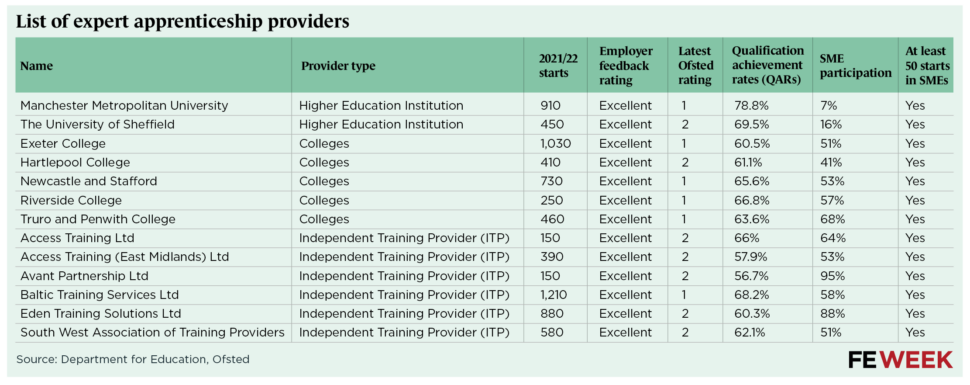Staff at 30 colleges in England are set to strike for three consecutive days next month in a row over pay.
The University and College Union (UCU) today confirmed strikes will go ahead at the colleges (see list full below) unless their employers offer a significant pay rise.
The strike will run from Tuesday November 14 to Thursday November 16 – which is just after the GCSE resits series but during the Association of Colleges annual conference.
UCU said it has settled disputes at 15 other colleges after staff got offered pay rises of up to 8.5 per cent.
Jo Grady, general secretary of the UCU, called on all other colleges to also “make staff a meaningful offer”.
“Any that refuse will be hit with strike action,” she said.
UCU balloted 89 colleges for strike action this term. The union announced earlier this month that 43 colleges failed to hit the 50 per cent turnout threshold required by law, while 14 other colleges voted to settle their disputes.
The remaining 32 colleges voted to strike. Two of those colleges – Cambridge Regional College and Furness College – settled their pay disputes and dropped their strike action, as they are not included in today’s list of 30.
After months of refusing to recommend a salary increase, last month the AoC advised its members to give staff a 6.5 per cent pay rise this year to match what is being offered to school teachers.
But colleges do not have to follow that recommendation, and some have warned this will be unmanageable.
AoC: ‘We urge the unions to call off the strike action’
There is an average salary gap of around £7,000 between school and FE college teachers.
A survey by the UCU of over 2,000 college workers, released in September, found that 95 per cent of college staff are struggling financially due to their low wages. Four in five workers said their financial situation is affecting their mental health.
The survey also showed many staff are using foodbanks, and rationing hot water and heating because of their low pay.
The UCU claimed that colleges should be able to afford a meaningful pay award because they will get £700 million more of funding this year than they did in 2019/20.
Grady said: “Our members refuse to allow pay to be held down to such an extent that their colleagues are forced to use food banks. The money has now arrived to pay staff fairly and college bosses must do so.”
But David Hughes, chief executive of the AoC, said his membership body has been “very clear” with unions leaders that the way in which the extra funding is allocated this year – through the 16 to 18 budget and linked to high-cost subjects – means that the additional funding available for pay rises varies “enormously” between colleges.
“Because of that, the AoC employment committee recommended that colleges should use all of their share of the £200 million pounds of additional government funding to address staff recruitment and retention challenges, to be open and transparent about the total additional funding their individual institution has received and show how it is being used to address the pay issues they face. I would urge union branches in the 30 colleges to sit down and discuss this with the college and reach agreement,” he added.
“Strike action only disrupts learners, and we have agreed to work with the unions to explore the potential for new national pay bargaining arrangements and how much it would cost to harmonise pay upwards to match schools and industry.
“We urge the unions to call off the strike action, and instead both explore national pay arrangements and work collectively with us to campaign for further investment ahead of the general election to put college pay back on track.”
The 30 colleges facing strike action:
- Abingdon & Witney College,
- Bath College,
- Bolton College,
- Bournemouth & Poole College,
- Brockenhurst College,
- Burton and South Derbyshire College,
- Calderdale College,
- Capital City College Group,
- City of Bristol College,
- City of Wolverhampton College,
- Colchester Institute,
- Craven College,
- Croydon College,
- Farnborough College of Technology,
- Gloucestershire College,
- Hugh Baird College,
- Isle of Wight College,
- Loughborough College,
- Myerscough College,
- Newcastle and Stafford Colleges Group,
- New College Swindon,
- Nottingham College,
- Petroc,
- Runshaw College,
- South Thames College,
- The City of Liverpool College,
- The Heart of Yorkshire Education Group,
- Warrington & Vale Royal College,
- Weymouth College,
- Windsor Forest Colleges Group



